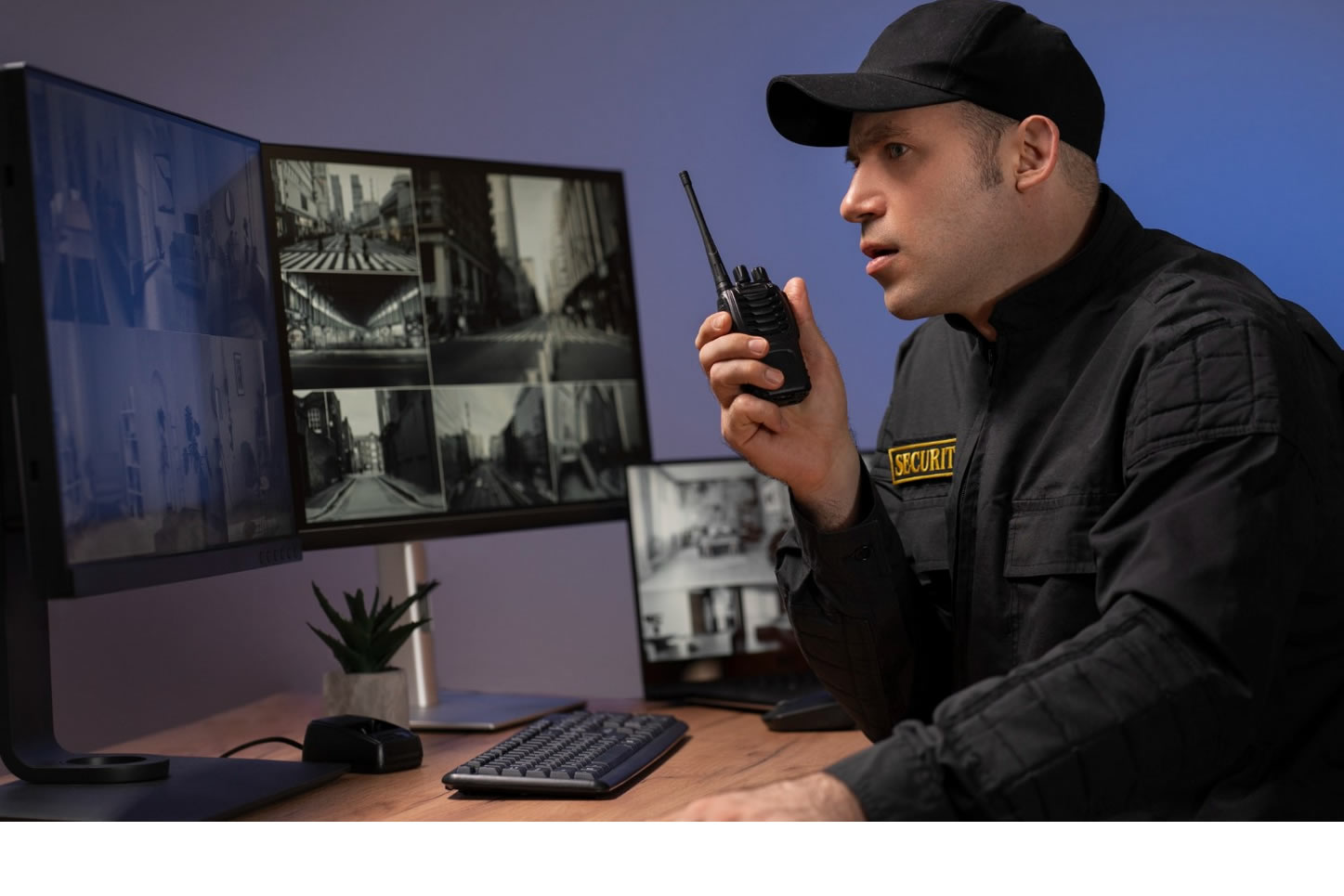Selected News
What Makes an Effective Security Patrol? Do's and Don'ts Explained

When it comes to ensuring the safety and security of property, roving patrol security is an important element. This dynamic approach to security involves officers moving around the premises rather than being stationed in one place. This mobility makes them a visible deterrent to potential wrongdoers, allows them to cover more ground, and enables quicker responses to incidents. But what exactly makes a security patrol effective? Let's break down the dos and don'ts to ensure maximum efficiency and safety.
The Importance of Roving Patrol Security
Roving patrol security is particularly effective because it creates a visible and unpredictable presence, which can deter criminal activity before it starts. The sight of a security officer patrolling can make potential burglars think twice. Additionally, the mobility of these patrols means that officers can monitor various areas of a property more comprehensively, promptly identifying and addressing potential security breaches.
Dos for an Effective Security Patrol
1. Stay Alert and Sharp-eyed:
A great security patrol officer is always on high alert. It's crucial to watch for anything unusual or out of place. By being observant, officers can spot potential threats early and take action before they escalate. This means regularly scanning the environment and checking for any signs of forced entry, unusual activities, or suspicious individuals. Training in situational awareness can enhance an officer's ability to detect anomalies quickly.
2. Report and Document Incidents
Accurate and timely reporting is vital. Security personnel should document incidents, suspicious activities, or breaches in real time. This documentation helps in immediate response, future analysis, and preventive strategies. Utilizing digital reporting tools can enhance the efficiency and accuracy of these reports.
3. Follow a Varied Patrol Route:
One can find the enemy of security in routine. Skilled patrols alternate their paths and timing to remain wandering. This makes it far more difficult for someone with malicious goals to keep up with things and forecast where and when the patrol will be. An officer should not, for example, follow the same road or attend the same checkpoints at the same times every day. This unpredictability contributes to the illusion of omnipresence, which tends to strongly discourage possible invaders.
4. Utilize Technology Wisely:
Modern security patrols have tech tools, like mobile apps for reporting incidents, GPS for tracking patrols, and surveillance cameras for extra eyes. These technologies can enhance the patrol's effectiveness and provide critical data for security planning. For example, using a mobile app to log incidents can provide real-time data to a central security system, allowing quick analysis and response. GPS tracking can ensure that all areas of a property are covered efficiently without missing critical zones.
Don'ts for an Effective Security Patrol
1. Don't overlook protocols:
There are protocols for a purpose. Ignoring these processes might result in major security flaws, whether it comes to following emergency protocols or making scheduled visits. Adhering to the strategy is the only way to ensure everything gets noticed. For instance, a routine might call for checking all exits and entries, monitoring particular high-risk areas, and ensuring all security systems operate as they should. Changing these guidelines could lead to loopholes that would let attackers take advantage of them.
2. Don't Overlook Maintenance Issues:
Security goes beyond burglary. Maintenance concerns like broken locks or lights can open risks, so officers should be vigilant. Fixing these quickly can prevent security breaches. A broken fence or gate might let unauthorized people in, while a broken light could create dark hiding spots. Regular inspections and reports keep physical security at its finest.
3. Don't Neglect Communication:
A good security operation depends on clear communication. If you don't speak clearly and often with your team members and managers, miscommunication and slow response times can occur. It's important to use current communication tools and ensure everyone on the team knows how to use them.
4. Don't Overlook Training:
Continuous training is essential for security personnel. An effective security patrol has officers well-versed in the latest security protocols, emergency response procedures, and conflict de-escalation techniques. Neglecting regular training sessions can lead to complacency and decreased effectiveness.
Conclusion
Thorough training and wise use of technology support an efficient security patrol, including being visible, vigilant, professional, and engaged with the community.
Think about teaming up with Sentry Security to install a solid security system. Our professional roving patrol security services are made to offer full protection according to your requirements. To find out how we can assist you with protecting your property and achieving peace of mind, contact us now.
 Sentry
Sentry